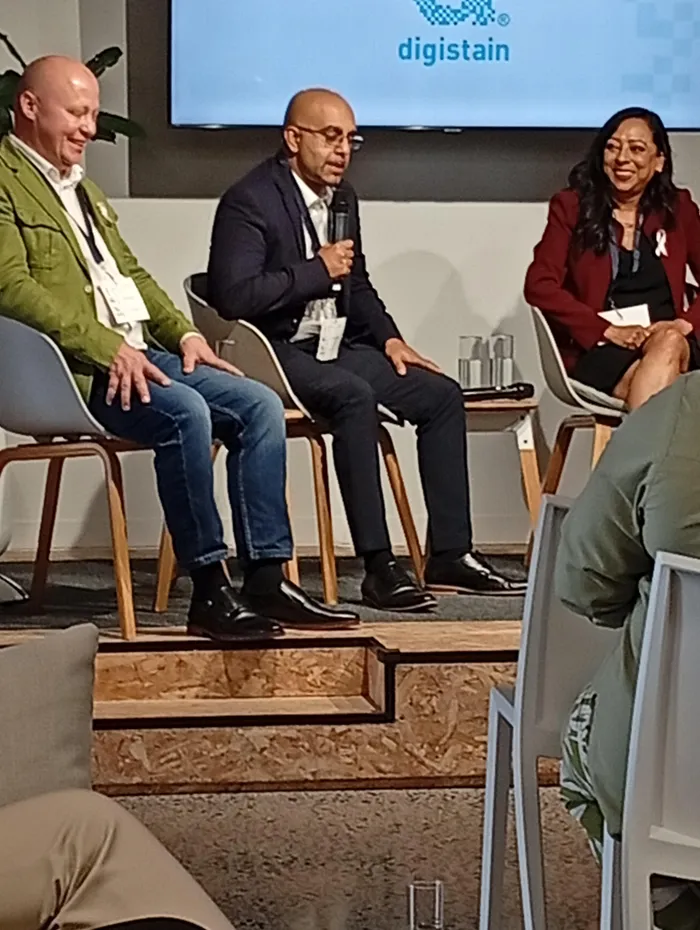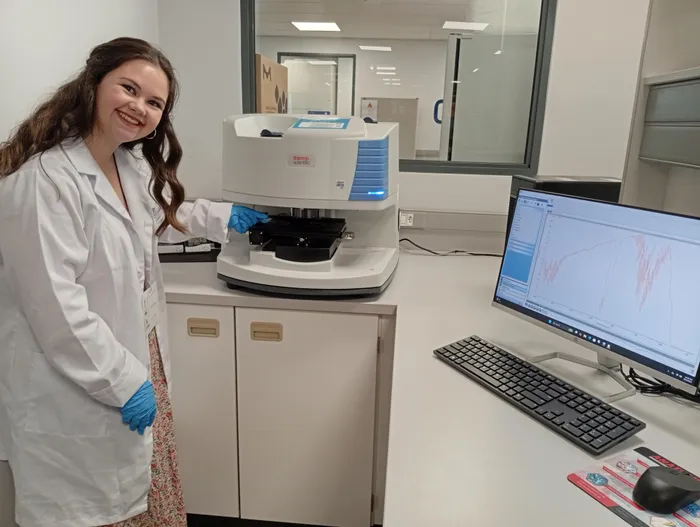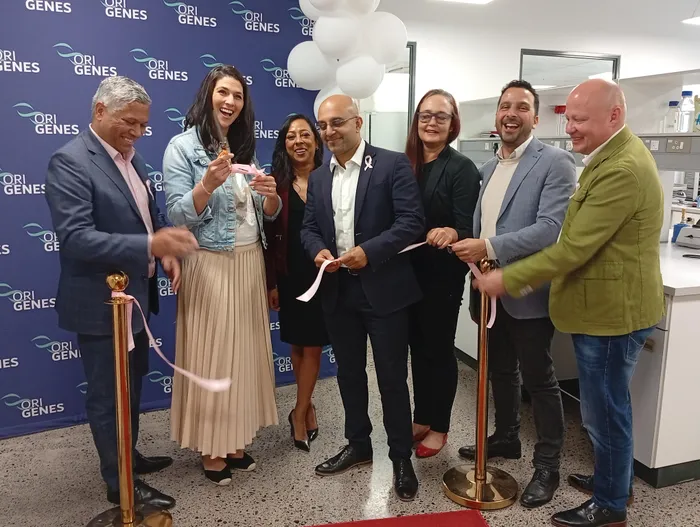Breast cancer results in days, not weeks
A ground-breaking test launched in Woodstock promises results in days instead of weeks, helping doctors decide if chemotherapy is really needed and sparing many women unnecessary suffering.
October is Breast Cancer Awareness Month, and this year’s theme, "Every Story is Unique, Every Journey Matters," could not have been more fitting for the launch of a new test that could change how breast cancer is treated in South Africa.
The new assessment, now available in Cape Town, can tell doctors within days, instead of the usual three weeks, whether a patient is at high or low risk of their cancer returning in the next 10 years. This information helps the medical team decide if chemotherapy is really necessary or if a patient can safely avoid the toxic treatment and its harsh side effects.

Pictuyred from left are, managing director Market Access Healthcare, Chris Oosthuizen; UK-based scientist Dr Hemmel Amrania and oncology specialist Dr Sabrina Ali.
Image: Karen Watkins
The launch took place at Brickfield Canvas in Woodstock on Thursday, October 2. Among the speakers was British oncology specialist Dr Sabrina Ali, who shared her own breast cancer journey. She recalled the agony of waiting three long weeks for biopsy results.
“As a pre-menopausal woman with three children, and someone working in oncology, my biggest fear was not only a mastectomy but also chemotherapy and losing my hair, the impact on my family, and not being able to work,” she said.
Dr Hemmel Amrania, who developed the new imaging technique with Professor Chris Phillips, described the test as a “potential game-changer” for Africa. Unlike older genetic tests, which had to be sent overseas for analysis, this method can be done locally, saving time, money, and resources.
“This tool will save lives, reduce costs, and prevent patients from weeks of needless anxiety,” said Dr Amrania. “It will also cut down the overuse of toxic chemotherapy, sparing patients from unnecessary suffering.”

Histology laboratory scientist Bianca Kloppers operating the Nicolet iN10 MX microscope that offers fast, non-destructive imaging and characterisation using infrared spectromicroscopy.
Image: Karen Watkins
Called Digistain, the test allows hospitals to analyse breast cancer biopsy samples in South Africa, without the need for complex chemical processes.
At UVU Bio, a non-profit based in Woodstock, tumour samples are scanned for chemical changes linked to cancer. Artificial intelligence then interprets the results, giving doctors a clear picture of how aggressive the disease is likely to be.
With results back in just a few days, patients and doctors can move forward more confidently and quickly.
Dr Amrania said breast cancer is the most common cancer among South African women of all races, with a lifetime risk of 1 in 27.

The ribbon cutting ceremony at the UVU Bio laboratory, a non-profit based in Woodstock.
Image: Karen Watkins
Related Topics: